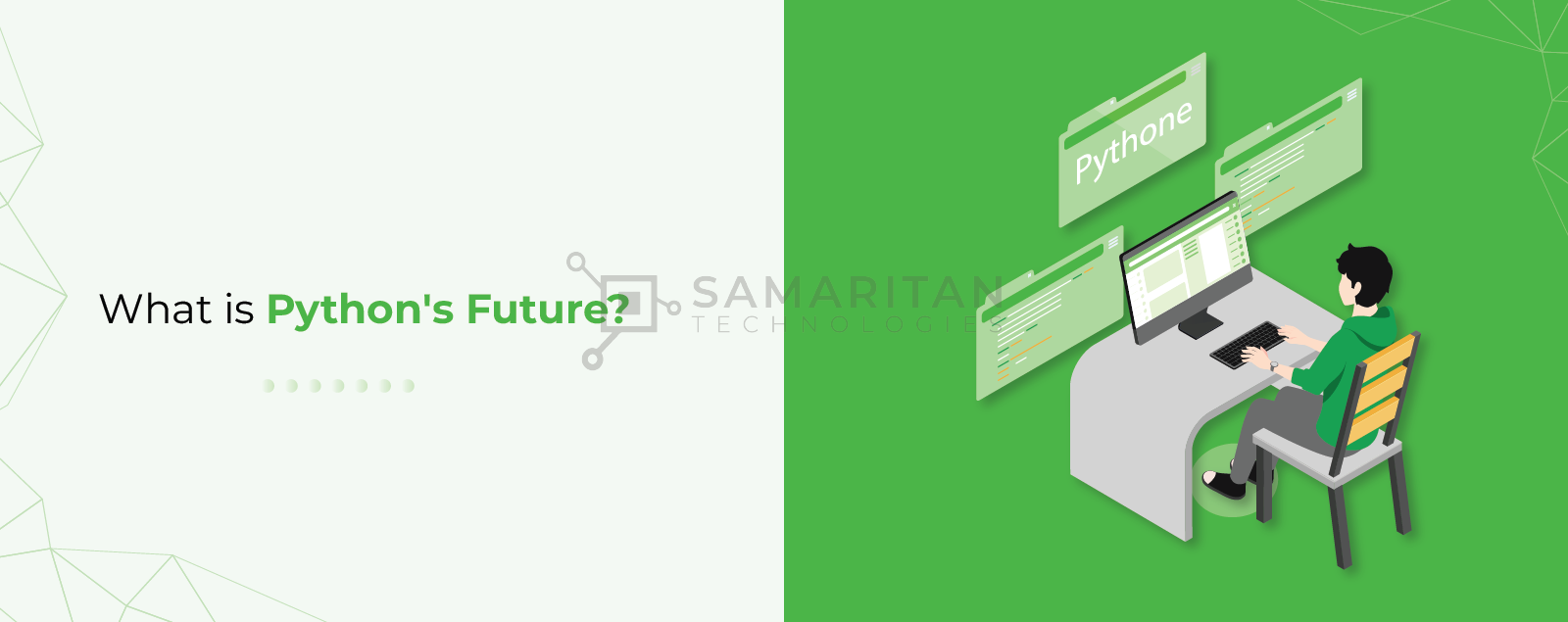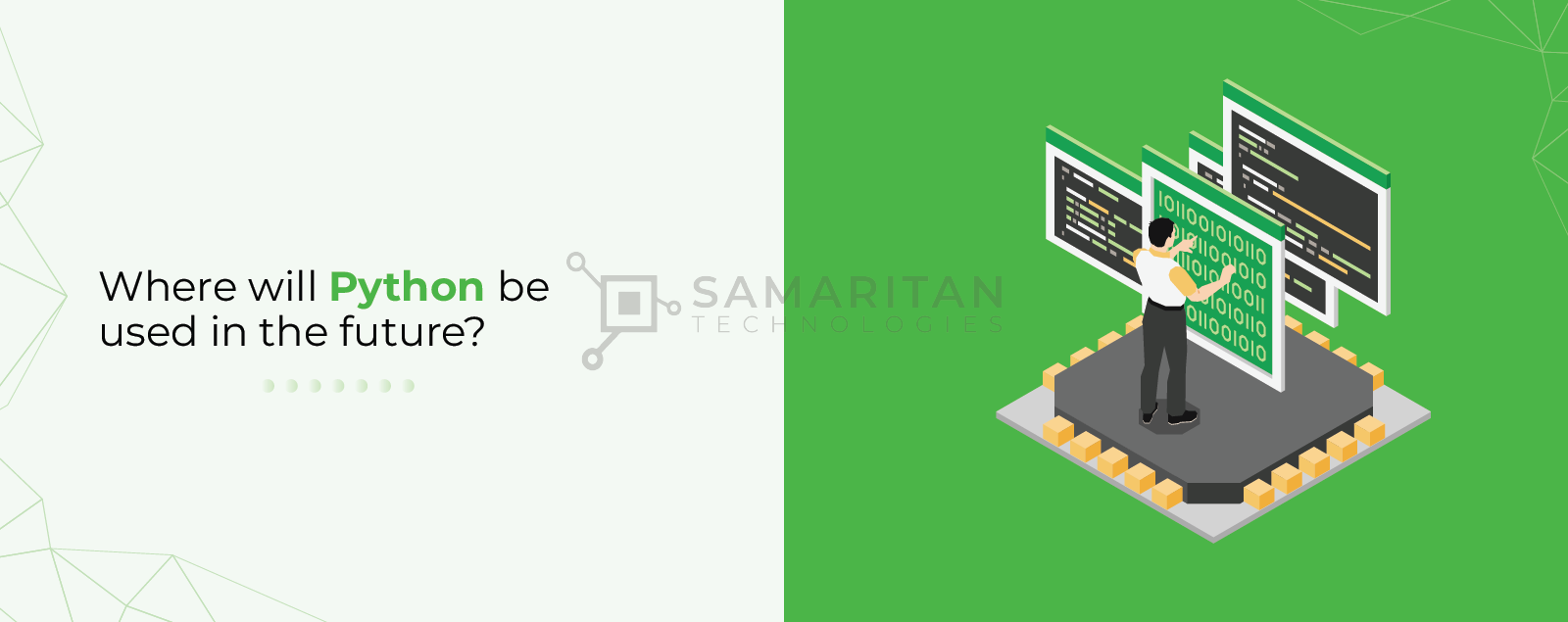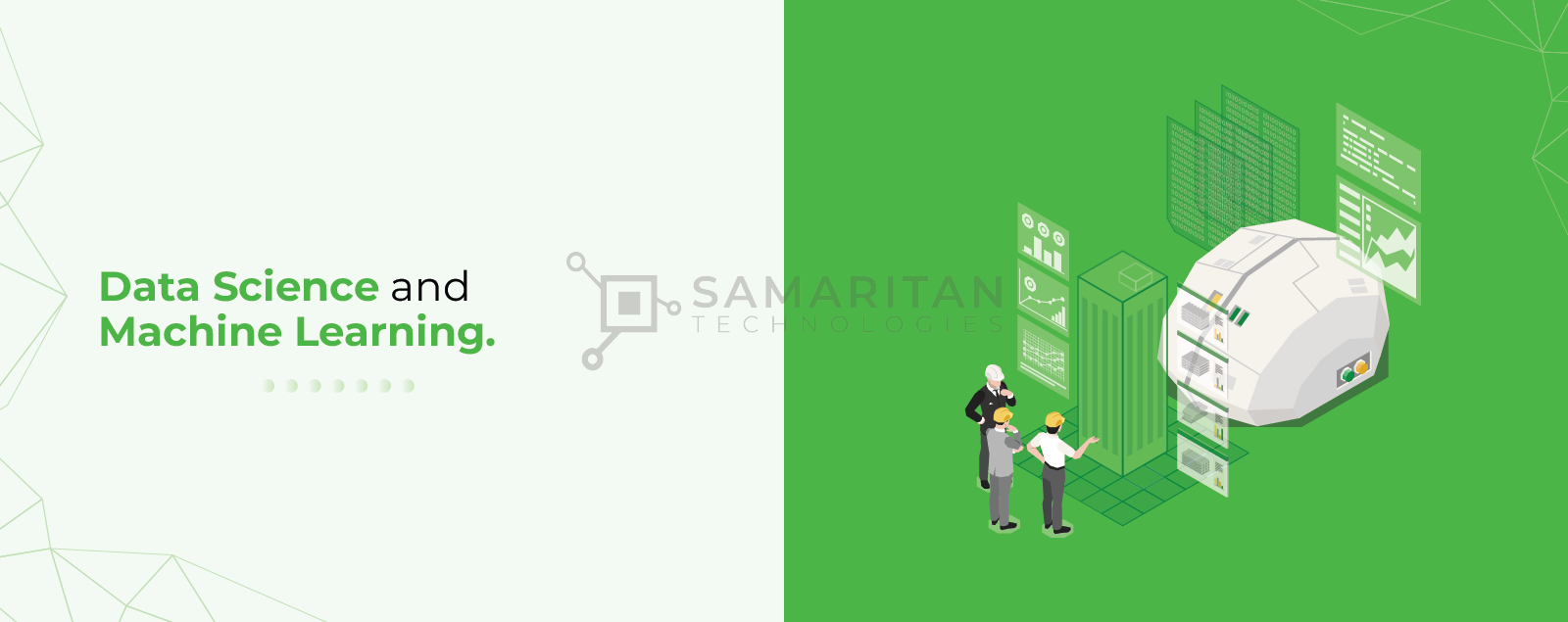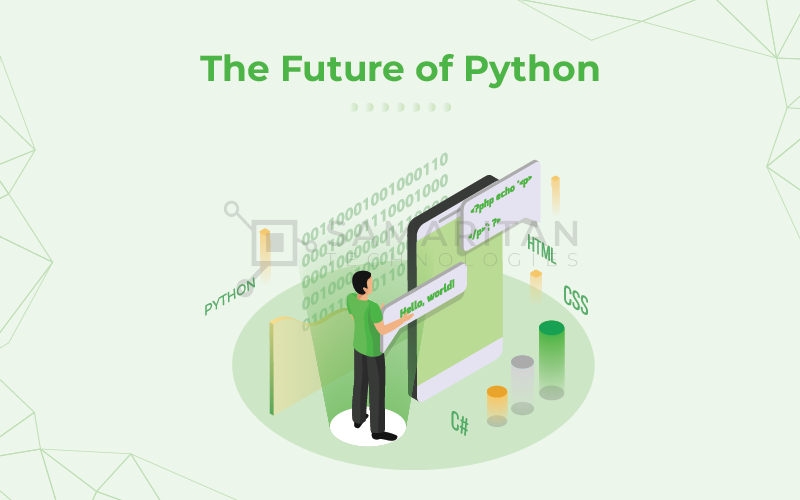The Future of Python: What’s Next for This Popular Programming Language
- 1 What is Python’s future?
- 1.1 Persistent Acceptance and Popularity:
- 1.2 Development of New Domains:
- 1.3 The dominance of Data Science and Machine Learning:
- 1.4 Deep learning and artificial intelligence (AI):
- 1.5 Cloud Computing and Distributed Systems:
- 1.6 Development of Mobile and Web Apps:
- 2 Where will Python be used in the future?
Python is a programming language that is both versatile and easy to use. It has completely changed the software development industry and is now a must-have for anyone working in web development, data science, and machine learning. Due to its ease of use, vast library ecosystem, and vibrant community, it has become the preferred language for millions of programmers globally.
Python’s trajectory is still rising as we look to the future, with exciting new developments and applications popping up. This article explores Python’s expanding boundaries and opportunities for programmers of all skill levels, delving into the exciting realm of Python’s future.
What is Python’s future?
Python is a popular programming language that is extensively used and versatile, and it has become even more so in recent years. Programmers, developers, and data scientists love it for its readability, ease of use, and vast ecosystem of libraries and frameworks. Python’s trajectory is still rising as we look to the future, with exciting new developments and applications popping up. Here’s a look at what Python has ahead of it:

Persistent Acceptance and Popularity:
It is anticipated that Python will become even more popular, securing its place as one of the most in-demand programming languages. Both novice and seasoned programmers find it to be a compelling option due to its variety and ease of learning.
Development of New Domains:
Python’s influence is growing outside of its conventional domains of data research and web development. In developing industries including robotics, biotechnology, the Internet of Things (IoT), and scientific computing, its use is growing. Because of its adaptability and flexibility, it works well in a variety of applications.
The dominance of Data Science and Machine Learning:
Python is anticipated to play an ever bigger part in data science and machine learning. Its vast libraries, which include sci-kit-learn, pandas, and NumPy, offer strong tools for jobs involving data analysis, manipulation, and machine learning.
Deep learning and artificial intelligence (AI):
Python is increasingly being used for these types of applications. Its frameworks, like as PyTorch and TensorFlow, facilitate the development and training of intricate neural network models, advancing the field of deep learning and artificial intelligence.
Cloud Computing and Distributed Systems:
Python is a good option for cloud computing and distributed systems because of its capacity to manage big datasets and compatibility with cloud platforms. The usage of it to create and implement scalable cloud-based applications is growing.
Development of Mobile and Web Apps:
Python frameworks such as Django and Kivy are becoming more and more popular in the web and mobile app development space. They are appealing for developing cutting-edge, interactive mobile and online applications because of their resilience and adaptability.

Where will Python be used in the future?
As we move forward, Python is becoming more and more prevalent in its current fields and reaching new spheres of influence. Python is anticipated to be important in the following areas in the future:
Website Creation:
Python’s web development frameworks—like Flask and Django—are becoming more popular because of their scalability, efficiency, and ability to produce code quickly. With the help of these frameworks, developers may quickly and easily create intricate and dynamic online apps.
Data Science and Machine Learning:
It is anticipated that Python will continue to rule these fields. Its libraries, which include sci-kit-learn, pandas, and NumPy, offer strong capabilities for applications involving data analysis, manipulation, and machine learning. Data scientists and machine learning professionals will find it to be the best option due to its ease of use and versatility.

Deep learning and artificial intelligence (AI):
Python is increasingly being used for these types of applications. Its frameworks, like as PyTorch and TensorFlow, facilitate the development and training of intricate neural network models, advancing the field of deep learning and artificial intelligence.
It is a good option for distributed systems and cloud computing because of its capacity to manage huge datasets and compatibility with cloud platforms. It is being utilized more and more.
Scientific Computing and Engineering:
Python is an invaluable tool for scientists, engineers, and researchers due to its vast libraries for scientific computing and its capacity to manage intricate mathematical calculations. In many different scientific fields, it is extensively utilized for modeling, simulations, and data analysis.
Education & Teaching:
Python is a great option for teaching programming fundamentals because of its readability and simplicity. Beginners can easily acquire and practice programming abilities thanks to its wealth of training resources and online groups.
Robotics and Automation:
Python is suited for robotics and automation applications due to its adaptability and hardware interaction capabilities. It is being utilized more and more in a variety of industries to automate activities, create autonomous systems, and operate robots.
Cybersecurity:
Python’s powerful data analysis and manipulation capabilities make it a valuable tool for cybersecurity professionals. It is used to identify and analyze cyber threats, develop security solutions, and perform forensic investigations.
The content credit goes to samaritan-technologies.com

















